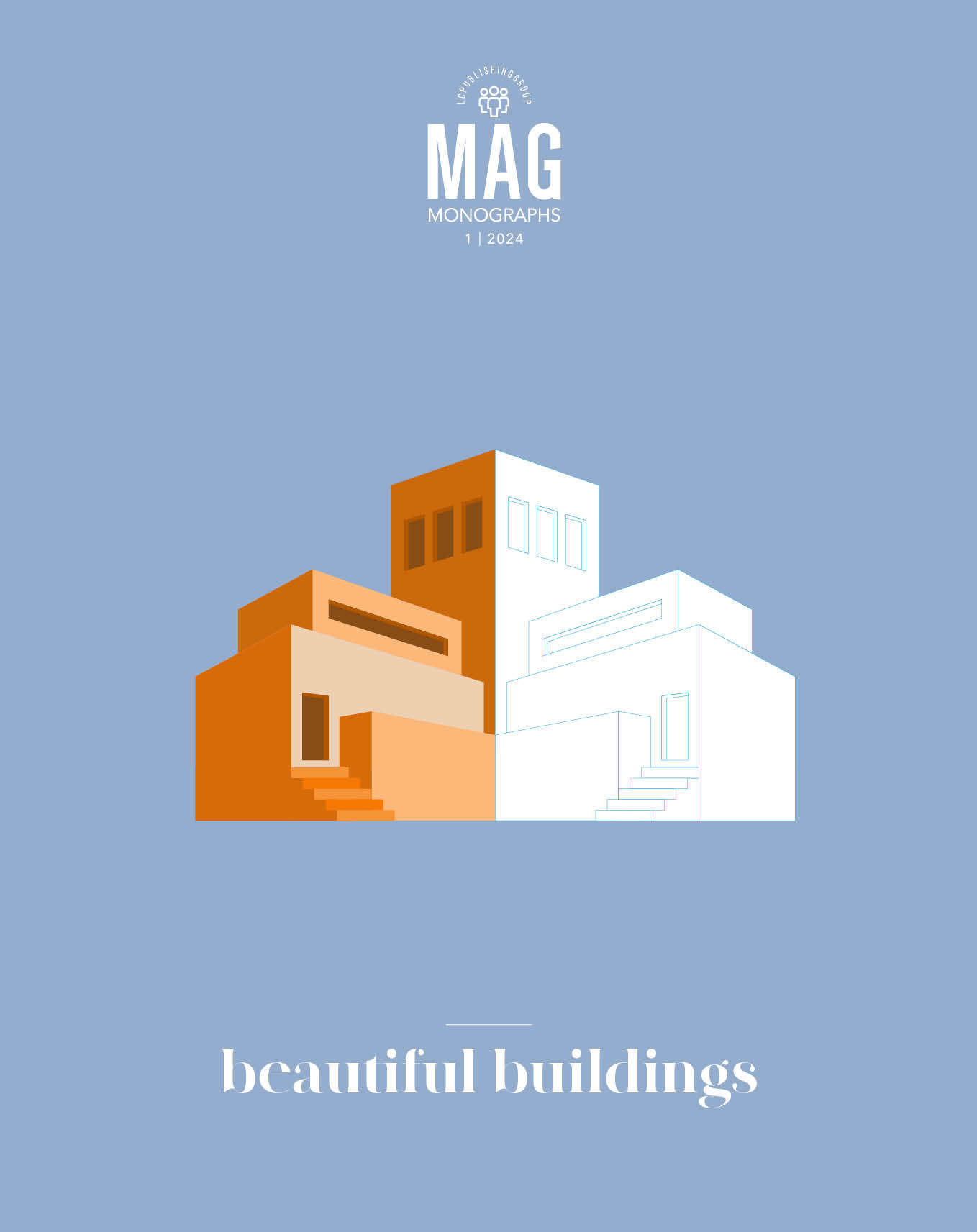Preparing for all eventualities – Pérez-Llorca
In order for companies to ensure that they benefit from the decision to choose arbitration to resolve a dispute, certain key checks should be made from the outset, say David Arias and Félix Montero, partners at Pérez-Llorca.
“While unfortunately, alternative dispute resolution (ADR) may not yet be frequent in Spain, I firmly believe that these methods, especially mediation, can prove very useful in avoiding unnecessary and costly proceedings,” says David Arias, Head of Litigation and Arbitration at Pérez-Lorca. “But should ADR not prove appropriate, those parties that pursue formal dispute resolution and who enter into arbitration need to be prepared for the process.”
Preparation
“Reports of satisfaction or dissatisfaction with the arbitration process are often highly dependent on whether a party was able to present a case in a previous arbitration, and ultimately whether they won or lost,” believes fellow partner Félix Montero.
Arbitration is intended to be, in some respects, a co-operative procedure but once proceedings have commenced the parties need to ensure that they are able to present their case in an efficient manner, they emphasise.
“One of the key issues for succeeding in a dispute lies in the records existing at the time of the dispute,” says Arias. “Companies need to be able to rely, for example, on efficient systems for the filing of all correspondence, minutes, and exchange of drafts with their counterparty. This very much facilitates the lawyers’ job, avoids delays in gathering information, and often has a direct impact on the final outcome of the matter.”
Tailor-made
When it comes to selecting the number of arbitrators on a panel, a general rule may be applied by the arbitration tribunal determined by the value or complexity of the matter, explains Arias. “In our own experience, most cases have been ruled on by three arbitrators. However in small cases, for example with a value in dispute of less than €1 million, a sole arbitrator would be the right choice.”
Montero adds that in complex cases it is advisable to ensure that at least one of the three arbitrators is able to fully understand and interrogate complex technical or legal concepts argued by the party. “A party will want to be certain that not only are they able to communicate very technical issues, but that they are capable of being communicated for the benefit of all the panel members.”
The flexibility of the arbitration process and the ability of the parties to “tailor-make” the arbitration panel, with direct expertise of the field in which the dispute is focused, is one of the very real attractions of arbitration, he believes.
“The party that wins is usually highly complimentary about the insight and speed of the process and of the finality that arbitration brings, but for the losing party this also means that enforcement of an award can happen surprisingly quickly, relative to litigation.” Deciding the most suitable forum in which to refer a dispute will of course depend on any pre-existing contractual terms, but parties again need to be aware of the different options, and where necessary to adjust their expectations accordingly, they suggest.

For companies engaged in domestic arbitration disputes, the Madrid Arbitration Court (CAM) or the Civil and Commercial Arbitration Court (CIMA) is the preferred route, while for international arbitrations, the London Court of International Arbitration (LCIA) or ICC in Paris offer a “first-class service”, says Arias.
For companies with previous experience of an international arbitration, Montero mentions that “There is an industry that surrounds international arbitration and when procedural issues arise, you get a clear sense that the methods to resolve them have been worked out in advance. Spanish arbitration tribunals can, by comparison, seem a little less sophisticated but there is however no doubting the professionalism or the dedication of those involved and thus we will shortly see the results.”
The smooth running of an arbitration procedure depends ultimately on the understanding and awareness of the client, he emphasises, and that they have full confidence in the process.














